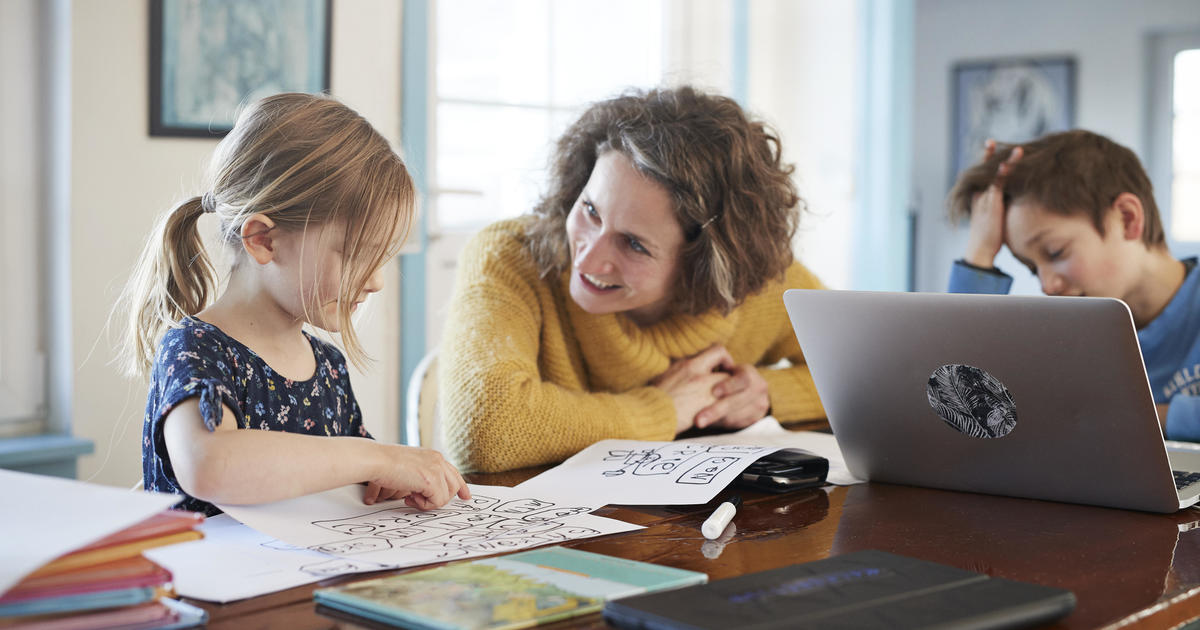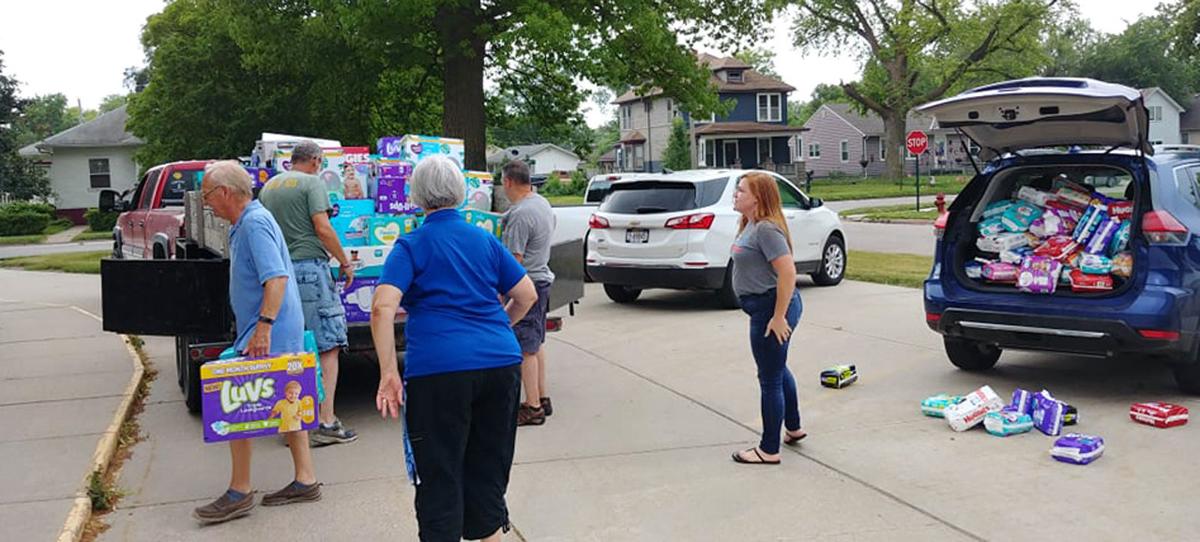
An education watchdog in the U.K. found that some children have regressed due to COVID-19-related school closures and restrictions. A report from Ofsted, the Office for Standards in Education, Children's Services and Skills, says some kids have fallen back in basic skills – and some who were greatly impacted have even forgotten how to use a fork and knife.
Ofsted made visits to 900 schools and early childcare providers in September and October, according to a press release from the U.K. government department. It found there are three "broad groups" of children, according to chief inspector, Amanda Spielman.
One is the "hardest hit" group of young kids. This group has suffered from time out of school and has gone backwards on words and numbers. This group has also reverted to diapers after being potty-trained or lost "basic skills" such as using a knife and fork.
The majority of children are in the middle group and "have slipped back in their learning to varying degrees since schools were closed to most children and movement restricted." According to Spielman, the "lost learning is unarguable, but it is hard to assess."
A third group is comprised of children who had positive experiences during schools closures. These kids aren't necessarily from well-off backgrounds, but do have supportive families. They might have benefited from more quality time with their families and felt a sense of togetherness with their parents.
Whether or not kids had "good support structures" played a role in their experiences. For example, if parents were able to spend time with kids and family, this was described as a "good support structure."
The Ofsted inspectors said older children have lost their "stamina" for reading. The watchdog also warned that older kids might show loss of concentration when returning to school, noting that fights on social media started during the lockdown are now "being played out in the classroom."
Some children are showing signs of mental distress, raising concern about eating disorders and self harm, according to the Ofsted report. Others also reported a loss of physical fitness.
The U.K. first went into lockdown in March, shuttering schools and most businesses. The country went into lockdown again last week, but unlike the first time, schools, universities and nurseries will remain open, according to BBC News.
"Returning to school is vital for children's education and for their wellbeing," says the U.K Department of Education's guidance, updated last Thursday. "Time out of school is detrimental for children's cognitive and academic development, particularly for disadvantaged children. This impact can affect both current levels of education, and children's future ability to learn, therefore we need to ensure all pupils can return to school sooner rather than later."
The Department of Education said for most children, the benefits of returning to school far outweigh the risk of getting coronavirus. So, the plan is for all children to return to school "and start to reverse the enormous costs of missed education," the department says.
The Department for Education also said the Ofsted report is evidence that schools need to be open, BBC News reports.
Dr. Dyan Hes, founder of Gramercy Pediatrics in New York City, says she hasn't seen kids forgetting how to use a fork and knife, as the U.K. study reports, but that the rest of the Ofsted report is "spot on."
"I've seen a lot of regression, it's too much to count," Hes told CBS News on Tuesday. "In every age group we've seen regression."
"I've had patients who were potty-trained and in daycare and then the potty training just – the parents are working from home ... and they don't have time to keep up with the potty training," Hes said.
Hes has also noticed other impacts including increased anxiety, speech delays and obesity.
The doctor said she's seen separation anxiety in children nine months to two years old who have spent so much time in lockdown with their parents that they get anxious leaving them or meeting new people – even their grandparents.
"They don't know anybody," she said. "Some of my patients said they've made the steps to get COVID tested to finally see their grandparents and then they say their kids are just crying the whole time, because they're so attached to the parents."
Hes said children can be impacted by not seeing their peers enough – and by being around their parents too much.
"It's not natural to be with your children this much," she said, adding that in the beginning of the pandemic, it might've been good to have more time with family. "But [kids] need to be with other children," she said.
While the Ofsted study found some kids benefited from more quality time with family, Hes said she thinks that is "very few and far between."
In older kids, Hes has seen a lack of concentration, brought on by remote learning and the distractions that come along with learning from home. Hes, a pediatric obesity medicine specialist, also said a lack of physical activity has lead to weight gain in many children, even non-obese children. "The weight gain has been out of control," she said.
In the long run, Hes is worried lockdown will impact all kids' "learning skills, their ability to concentrate, their reading skills," and questioned kids' ability to learn subjects like math and science at home.
"It's a disgrace," she said. "Kids should be in school." She said she worries kids won't be able to catch up after missing this year of in-person learning.
Hes said it's up to adults to get their child outside, physically moving and interacting with other kids.
"If your school is really closed and your child is not seeing other kids, you should do something in your child's best interest to get them into a pod with other kids maybe one or two days a week, or [with] their neighbors, or another family who you trust," while wearing masks, she said.
She also recommended parents be interactive with their kids – and proactive for their kids. "They need to advocate if they feel their children aren't learning. They need to be calling the schools and making noise, saying that this is not acceptable," she said.
The Link LonkNovember 11, 2020 at 03:55AM
https://ift.tt/2ImhMNZ
Kids have regressed due to COVID-19 restrictions, with some potty-trained kids going back to diapers, experts say - CBS News
https://ift.tt/2Comt7j
Diapers

No comments:
Post a Comment